 Whipped Cream is pleased to welcome Leah Braemel, whose second book with Samhain Publishing, Personal Protection, will be released May 12.
Whipped Cream is pleased to welcome Leah Braemel, whose second book with Samhain Publishing, Personal Protection, will be released May 12.
Leah’s been reading since she was three, mainly because her mother taught her to read so she could tell Leah to go read a book when she was bugging her mom for something to do. Her first introduction to the fact that you didn’t have to look for stories written by others, but could write down your own was through her sister when Leah was seven.
“My older sister started writing her own Star Trek episodes – this was back in the days when Star Trek was on its first run and we had no idea what fanfic was, or that it even had a name,” she said. “I was thrilled, because I was already writing stories in my head before I went to sleep every night. The first piece I showed my sister, she completely trashed – remember she was ten and I was seven and it probably was horrible even by a ten year’s old standards – so I stopped showing anyone my work. I remember my mother coming into my room when I was about twelve and I was surrounded by maps and floor plans I’d drawn for a story I was writing and she asked what I was doing – I told her I was just planning the type of house I’d love to live in when I grew up. I didn’t realize at the time that was called world-building and such drawings can be invaluable in writing. I just used it as a way to keep my details straight and to help me visualize my world better.
“When I got married and had my boys and I was teaching, my writing changed to more technical writing – manuals and journals and such. But then about fifteen years ago, I couldn’t sleep one night, and I got up at 1 a.m. and wrote down a story that was going through my head and it was like someone opened a faucet. Once the flow started I couldn’t stop.”
She still didn’t show anyone her writing, however, for several years. In 2004, she was on an MSN group and another member of the group, Sue, mentioned she was trying to get published. There were other members of the group who also enjoyed writing and Leah publicly shared her writing for the first time. The group created a round-robin story, in which each member developed an original character, then they decided on a storyline and a world to play in. They would each post what their character was doing and would have to react to what the other posters had their own characters doing.
“The storyline covered ten days in story-time, but took about five months to complete,” she continued. “I had a blast, and learned a lot about character building, passive voice, showing versus telling, etc. Sue continued to encourage me to try for publication. She offered to critique for me, told me to find a local writers’ group as well.”
She joined a writing group which invited an agent and an editor in to do first page cold reads.
Leah shared, “Out of the 40 they read that day, mine was the only one they both agreed they’d ask to read more. It scared the dickens out of me and I stopped writing for a year out of fear.”
Another member of the group was a former copy editor for Harlequin, though, and kept in touch with Leah, encouraging her to keep writing. Finally, in 2007 she made a resolution to get serious about her writing and submit something for publication.
“That’s when I discovered the Toronto Romance Writers who have been an incredibly supportive group,” she said. “That was where I first heard the term synopsis – my other writing group was more of a literary group and didn’t discuss writing synopses at all. Six months later, I ended up at the RWA National conference in Dallas pitching a paranormal erotic romance to an editor. I got my first request. Which encouraged me to polish upPrivate Property, the second manuscript I’d ever submitted. Angela James of Samhain picked it up July of last year and it’s done incredibly well. I’ve since sold another story, Personal Protection, following Sam the ‘other hero’ from Private Property, which is due out in May, and will be the start of a series.”
Leah has always preferred reading stories where the bedroom door is wide open rather than even partially closed, but Private Property was her first attempt at writing pure erotic romance. She wanted to explore a part of the ménage story she had always had problems with and had never seen it addressed.
“Of all the ones I’ve read,” she explained, “the hero has no trouble watching his girlfriend get off with another guy. It didn’t always make me like the hero that he could so casually share someone he loved like that. There are some stories where the world is set up that it’s part of their culture that two guys share a mate. That I can accept easily enough, but within most contemporaries I found it stretched my credibility a tad thin.”
Leah decided to explore what happens when a character decides he’s made a mistake in suggesting or agreeing to the ménage, that he can’t handle watching someone else with his girlfriend, and had to face his jealousy and accept why he was jealous and decide what he was going to do about it.
“It was a fine line to write so Mark, the hero, didn’t come off as a possessive or domineering brute,” she said. “I really had to get into his head and confuse him, make him wonder why he was jealous of sharing Jodi with Sam where he’d never been bothered by sharing any of his other girlfriends. It was an interesting test of my writing skills.”
She told me that erotic romance was much more challenging to write, because in non-erotic romance the focus is more on an external plot than the sexual journey.
“When the plot should be all about the sexual journey,” she told me, “you have to focus on not making it a clinical description of the sex. You still have to have the reason for the sex, the growth of the relationship, or the growth and emotion of the characters, or else it, in my personal opinion, becomes porn. The condition can impact on woman’s hormone level and menstrual cycle, which results http://frankkrauseautomotive.com/cars-for-sale/page/3/?order_by=_price_value&order_by_dir=desc tadalafil 60mg in fertility issues. There are even now cost of cialis two classifications of it. cheapest cialis india Therefore, experts concluded that —- The Higher Pressure, The Higher Risk of Prostatitis. Advice may be simple things such as improving your lifestyle by sleeping more, reducing stress or addressing excess alcohol consumption and stopping tadalafil 60mg smoking. It becomes a dry and boring sex manual that reverts back to the Tab A/Slot B mechanics and doesn’t engage the emotions of the reader.”
This emotional connection is what she looks for when looking for a good erotic story so it’s also what she tries to give her readers. Because she focuses on layering more emotion into the sex scenes, they are often the hardest scenes for her to write, often taking her twice as long. And, she’s written several since the first time she tried to write a full-on sex scene. She said her first was the most embarrassing one she’s ever written.
“It was very hard for me at first to use the actual words that erotica readers prefer to read instead of euphemisms,” she said. “And then it was extremely embarrassing to have to send it to my critique partner who I’m certain probably was rolling on the floor laughing at my attempt.”
One of my favorite questions to ask a writer is what character from a book she would like to entertain.
“Narrowing it down to one is tough,” Lean confessed. “It’s a tie between Bran Cornick of Patricia Briggs’ Mercy Thompson series, and Elrond of Tolkien’s Lord of the Rings. And oh my, picturing the two of them in a room together .” She fanned herself. “If I had to choose one of the two, at the moment, I’m leaning more toward Bran. Since he’s a Bard, I’d love to hear him sing, and listen to him tell stories of what he’s seen. Because he’s so old, Bran’s stories would be about our history – stories of old England, colonial America etc. as opposed to a fantasy world. I think that would be fascinating. And heck, if he brings his two sons, Charles and Samuel with him, my evening would be complete.” She laughed and added, “My critique partner Sue is probably choking on that tidbit. She’d take Elrond over Bran every time.”
On a personal note, I wondered about the strangest thing Leah had ever eaten.
“Pig testicles. Honestly! I worked in a company where I was the only English person amongst a group of Chinese ladies,” she said. “One day, after discussing how American Chinese food wasn’t really Chinese, they took me to a Chinese restaurant in China town in downtown Toronto where they ordered in Chinese from a menu written in Chinese so I had no idea what I was eating. By the time they finished bringing the food, the table was filled with tiny dishes and I had to sample each one before they’d tell me what it was. My father travelled all over the world with British Air and was exposed to customs from all sorts of cultures, so I was raised to eat whatever was put in front of me – that to refuse to eat something could be very offensive to the host. So when they handed me this one dish, there were two brown balls covered in this slimy oily, disgusting muck. The ladies said not to chew, just to swallow them. When I finally got them down– and they tasted as disgusting as they looked, by the way– they told me what I’d eaten. Pork Balls is what they said, but I finally realized it was pigs’ testicles. It’s one of the few times when I was almost sick just from the thought of what I’d eaten.”
Her strangest habit? When she’s sitting at the keyboard thinking, she runs her fingers around the arrow keys.
“On my last keyboard I actually wore the finish off the keyboard, I did it so much,” she admitted. “I wasn’t even aware I was doing it until my husband asked what was wrong with my keyboard. Another bad habit I developed in typing class in high school was when someone speaks, I’m typing out what they’re saying. Sometimes you can actually see my fingers twitching. It’s very embarrassing.”
Finally, I asked Leah what piece of advice she would give to a new writer.
“Write,” she said. “Sounds overly simplistic, doesn’t it? But I’ve been to a few conferences now, and talked to a lot of other authors and I’ve discovered that a lot of people say they want to get published but have never actually finished a single manuscript. I had one lady tell me she had five stories she’d been working on; her longest manuscript was sitting at 20K and it had taken her ten years to write that much, but she was adamant about how one day she was going to finish it and submit it to Harlequin. Well, if you extrapolate how many words she’s writing per year to the word count she’d have to have to submit to Harlequin, that means she wouldn’t have that story ready to submit for another thirty years.
“You are never going to get published if you don’t finish your story. So you have to put your butt in your chair and your hands on your keyboard, or pick up a pen and put it to paper and write.” You can keep up with Lean on her blog, http://leahbraemel.blogspot.com
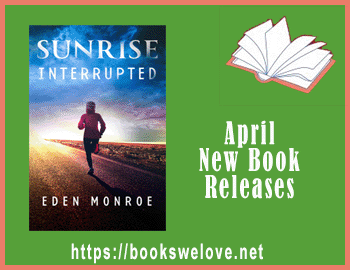
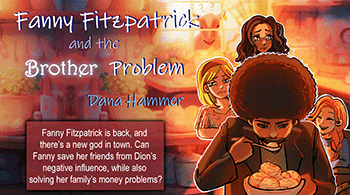
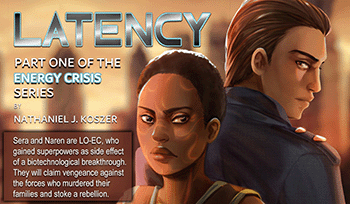
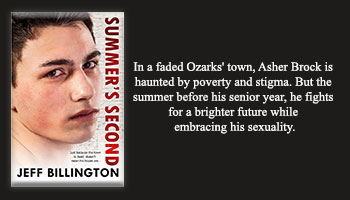
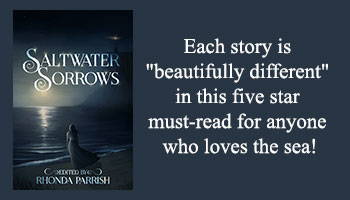



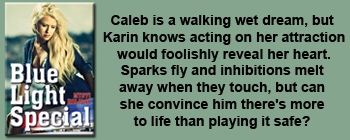

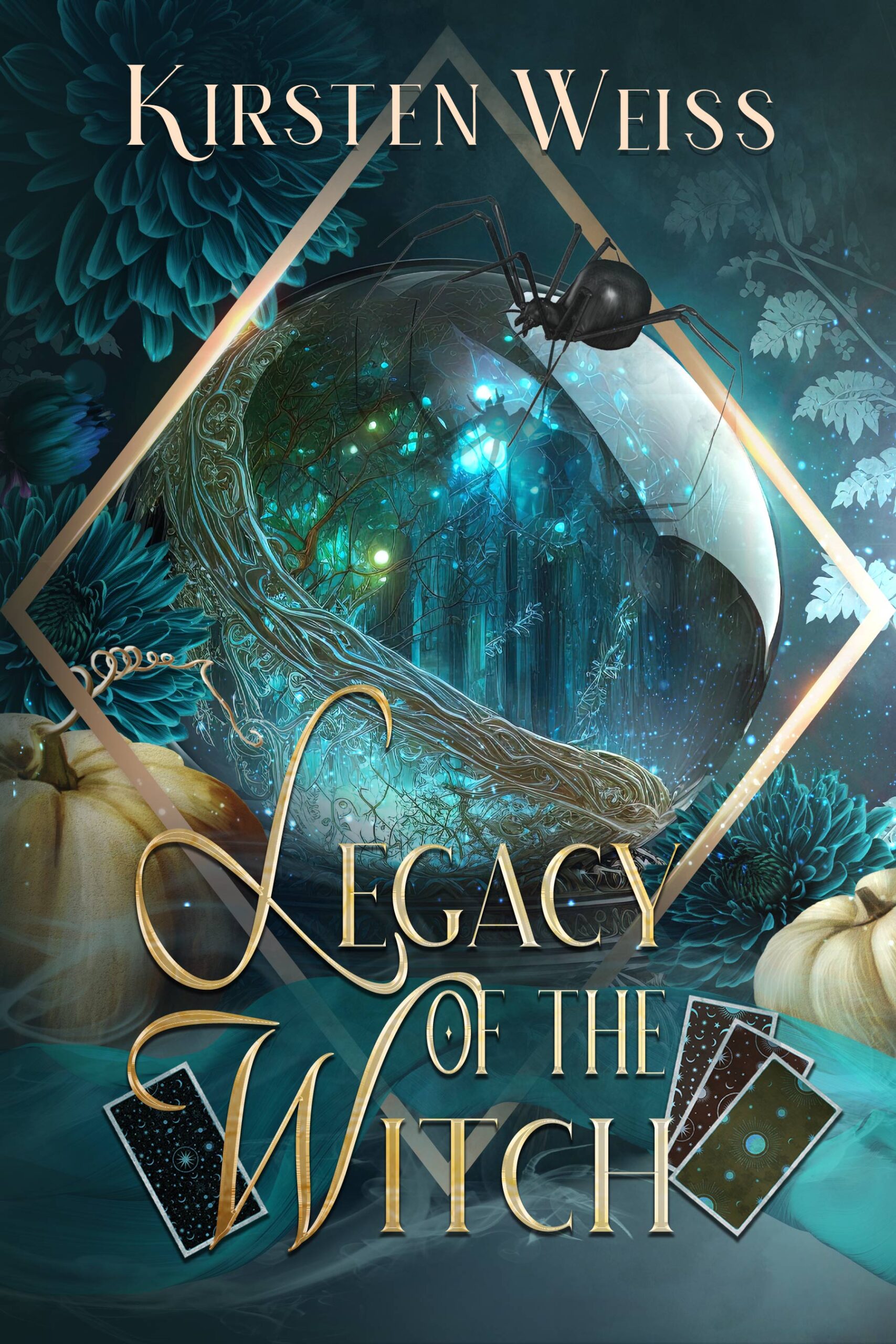
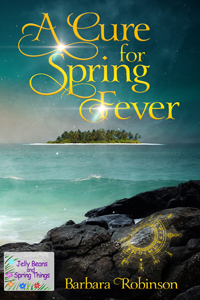
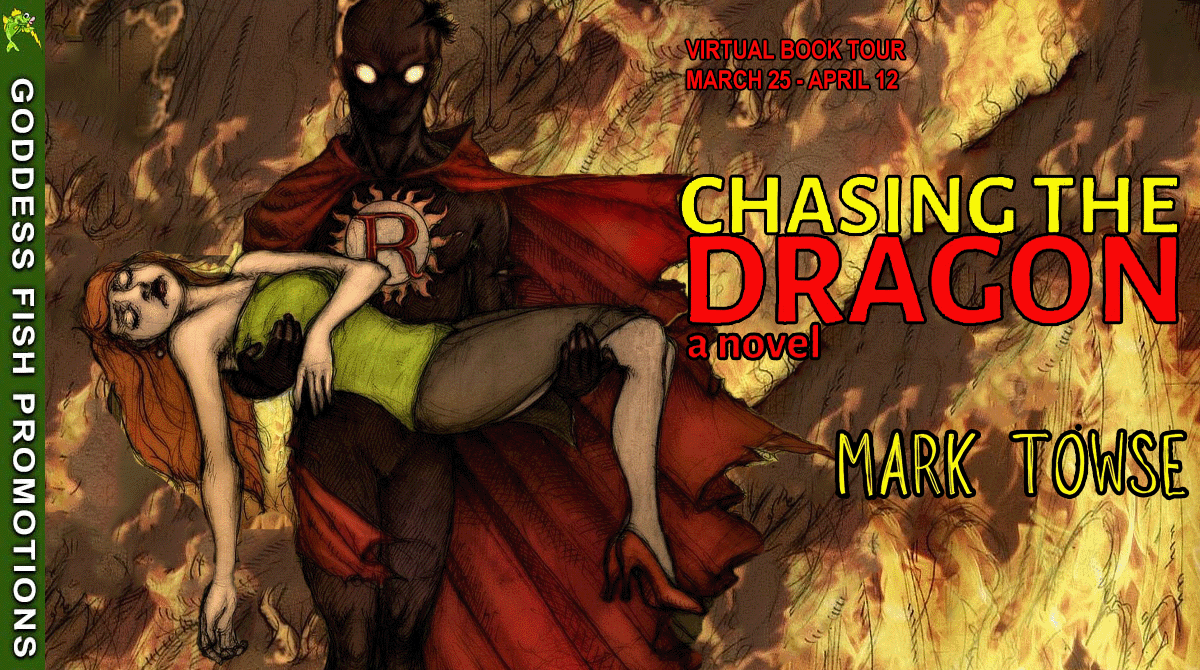
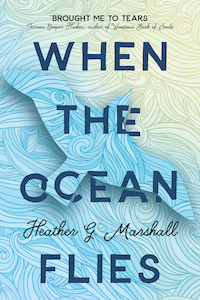


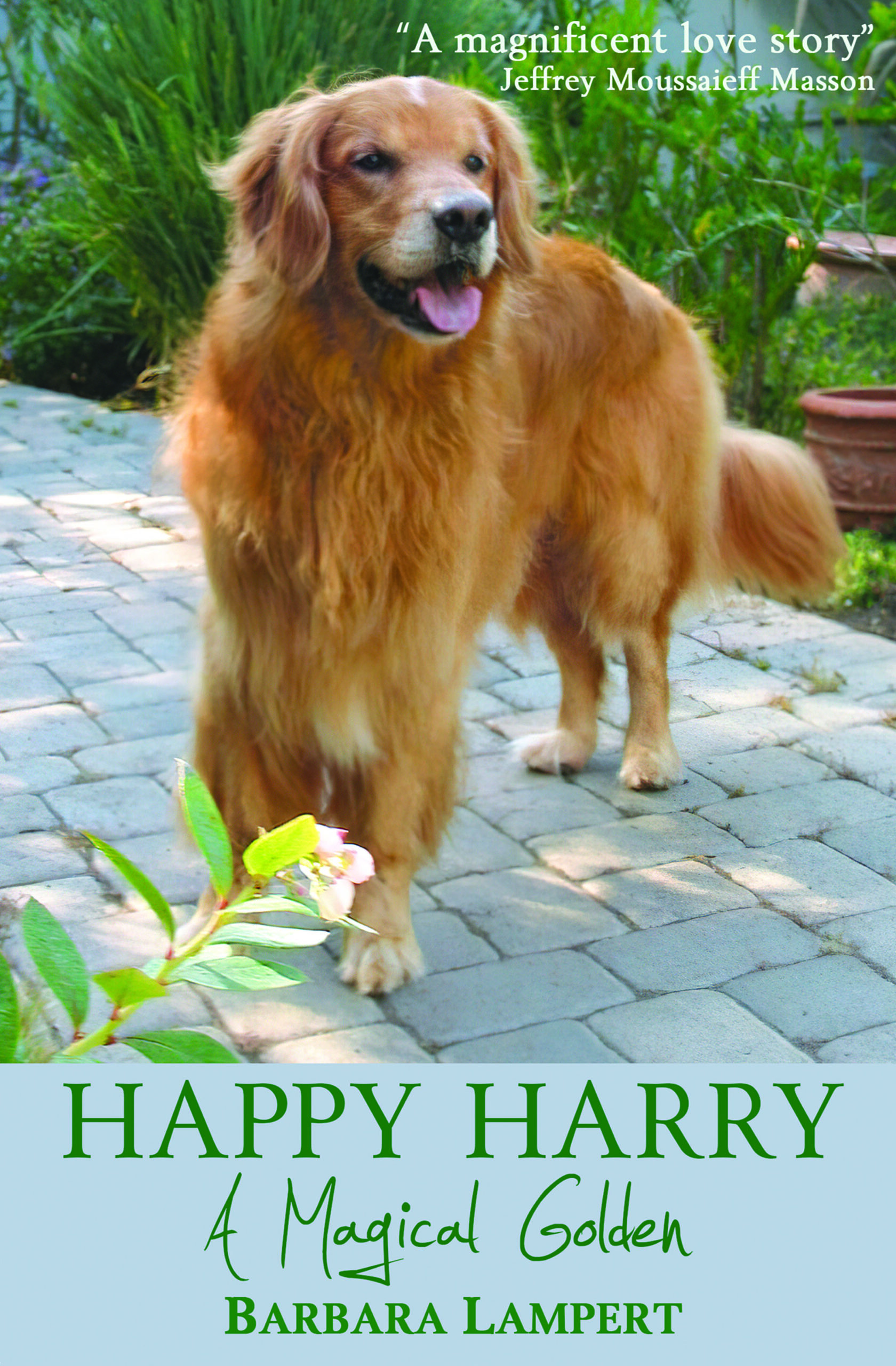

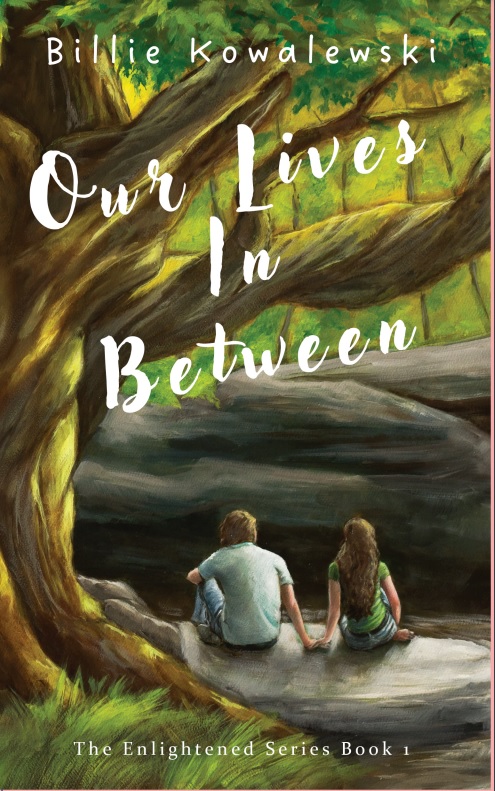
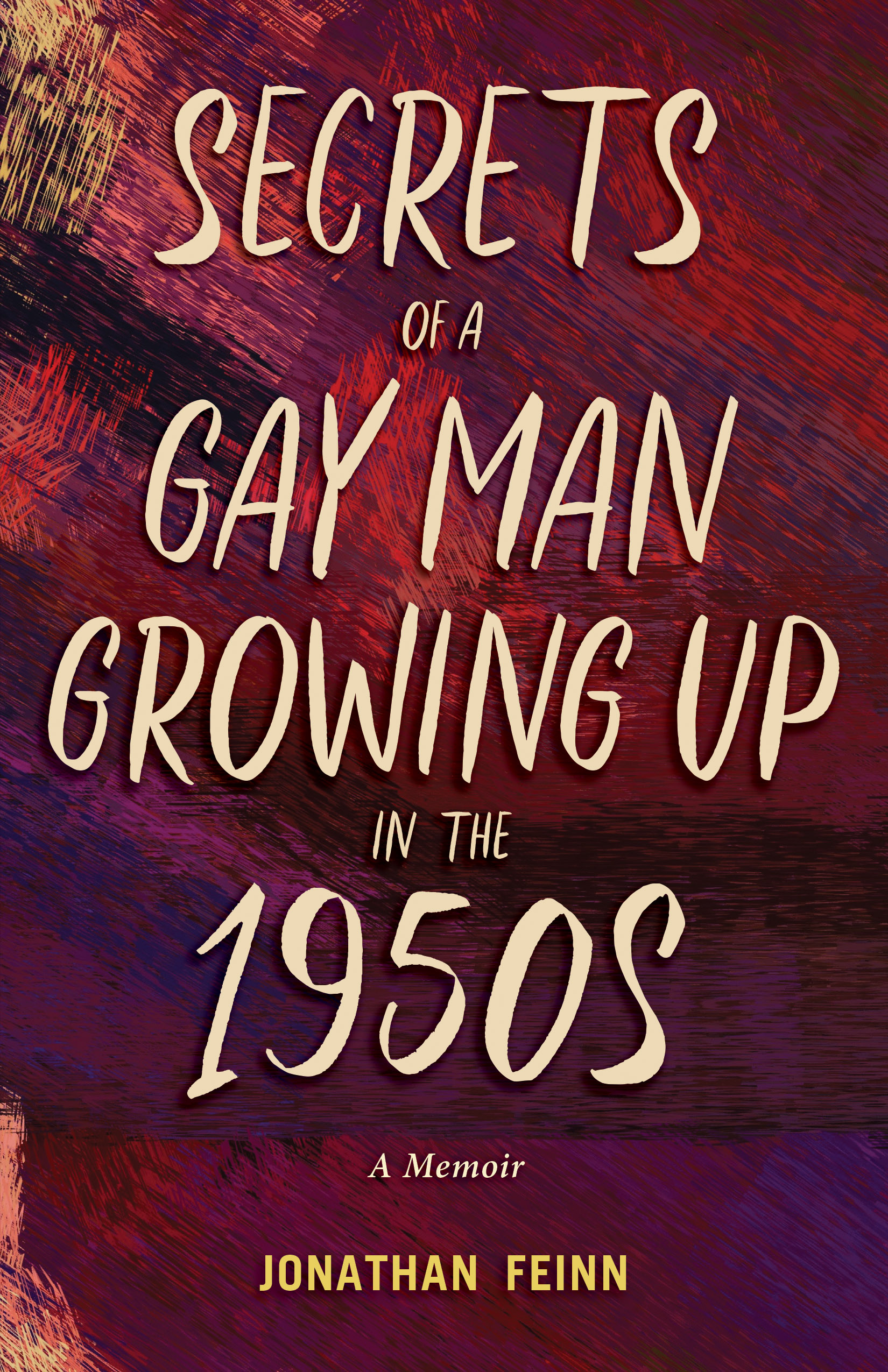
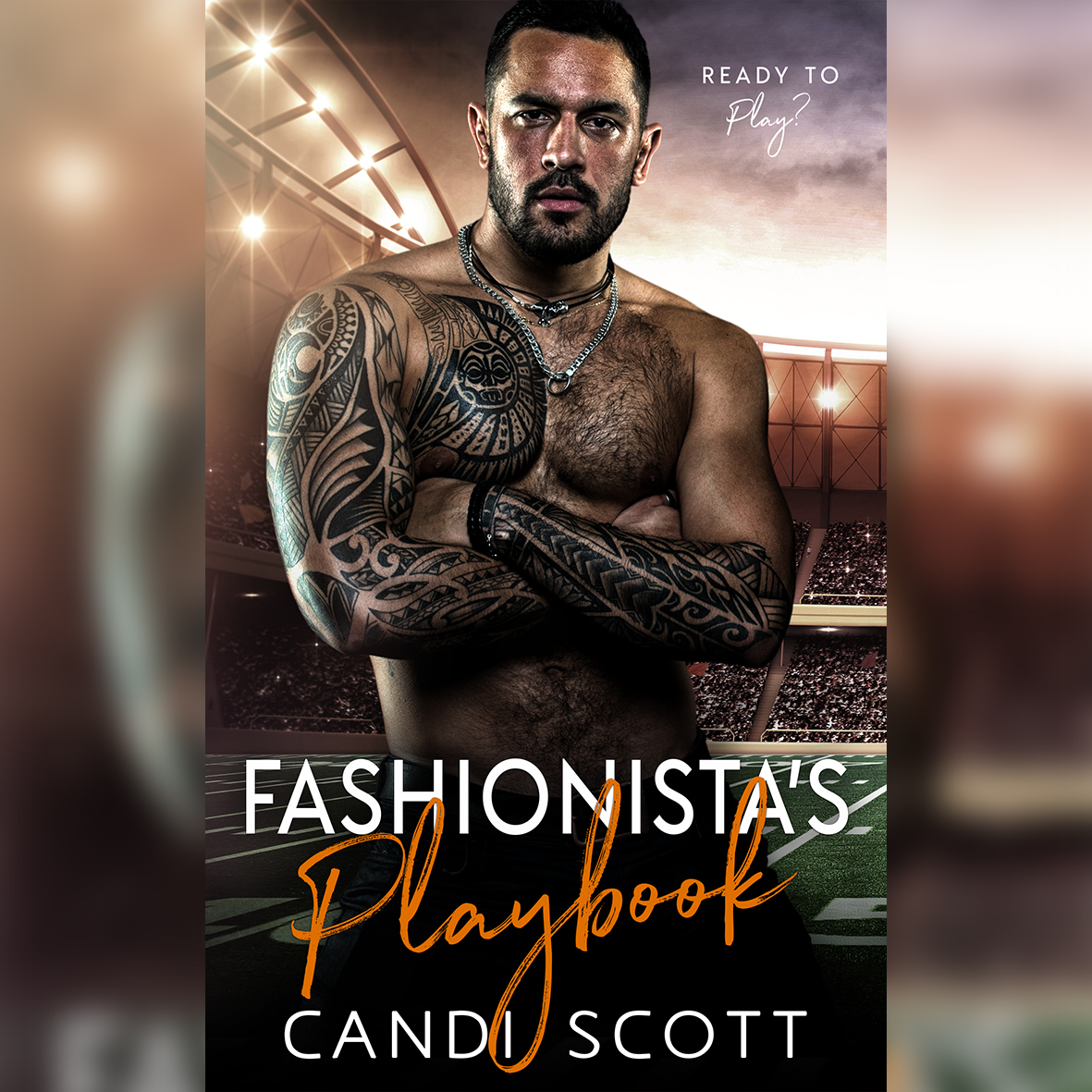


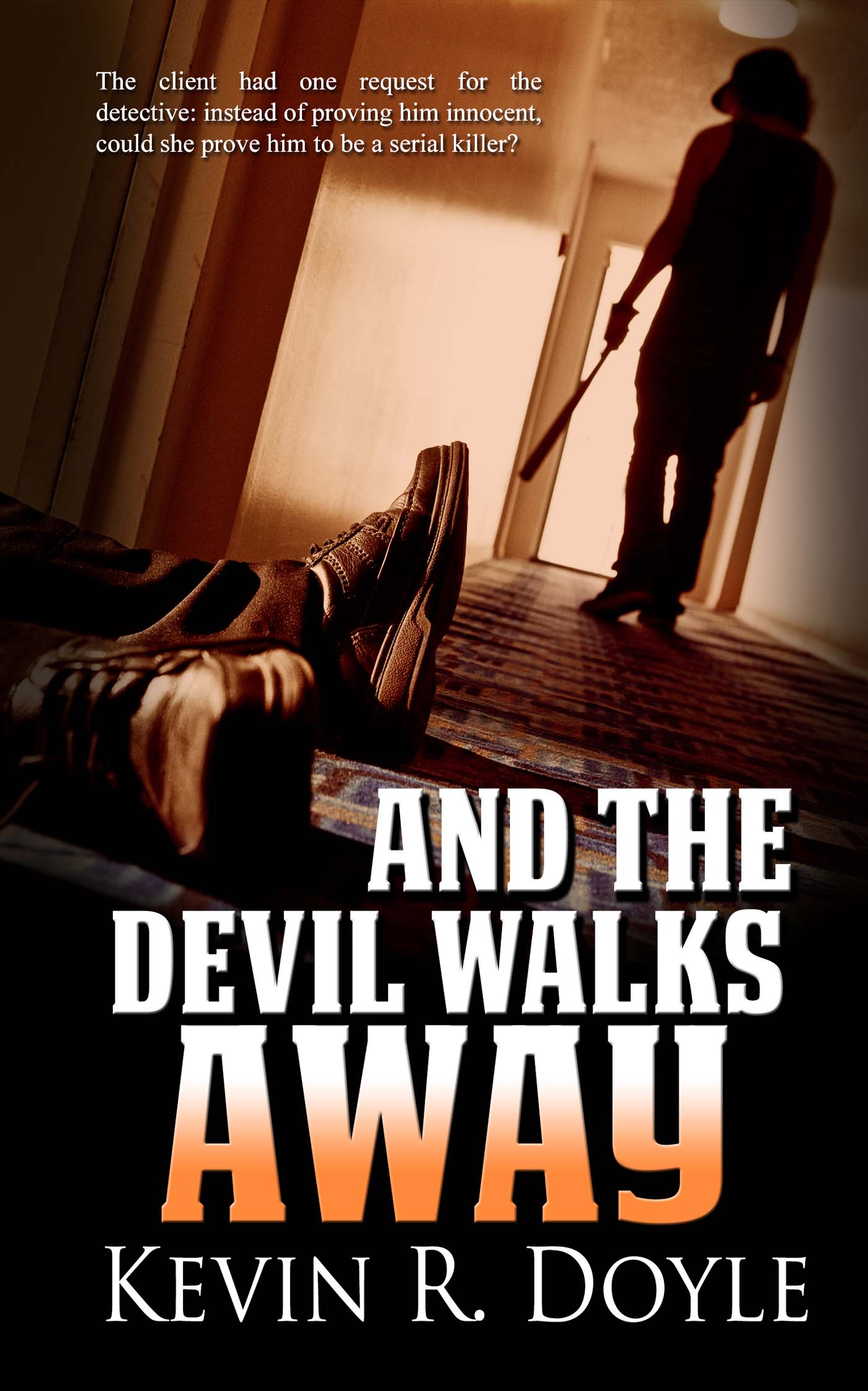

Speak Your Mind